Quick Details
REC 3 First Aid Course
When an emergency occurs in the wilderness help can be 4-6 hours away which can turn a minor medical or trauma into a life-threatening situation. We aim to equip you with skills and confidence to stabilise the situation until help arrives, you will learn skills on this course not taught on basic first aid courses.
Remote Emergency Care level 3 has an internationally recognised curriculum. The course fulfils the requirements of all major sporting governing bodies including Mountaineering Ireland and Canoe Ireland. It is run by outdoor medical experts with experience in both the medical field and in outdoor pursuits.
Note: The minimum age for attending REC3 courses is now 18 years.
Main topics covered include:
- Principles of First Aid
- Recognition of Vital Signs
- The REC Approach (Dr A.B.C.D.E.)
- Treatment for Unconsciousness
- Accident Procedure (including hygiene and personal safety)
- Airway Problems
- Control of Bleeding
- Resuscitation CPR & AED
- Treatment of Fractures and Soft Tissue Injuries
- Treatment of Burns
- Injury Identification in Conscious and Un-Conscious Casualties
- Treatment of Shock
- Other Injuries including Common Medical Emergencies
- Multiple Casualties and Prioritisation (Triage)
- Casualty Management
- First Aid Kits

This course is held in Annamoe, near to Laragh in the Wicklow Mountains, and runs 09.00 to 18.00 over two days.
To ensure all participants get the appropriate individual attention from the trainer we restrict numbers to a maximum of 9 persons. We also believe in delivering a significant portion of the course outdoors to make the scenarios as realistic as possible.
This course is delivered on behalf of Mountaintrails by Paul Nolan.
PHECC registered EMT
WEMSI Wilderness-EMT
NAEMT Pre-Hospital Trauma Life Support
FAR, CFR-A, BLS & REC3 Instructor
He is also a Mountain Rescue team member and holds a number of mountaineering qualifications.
What to Bring
- Walking boots or waterproof shoes
- Waterproof jacket and trousers
- Hat and gloves
- Packed lunch and snacks
- Water or juice drink, (1.5 litres)
- Small rucksack to carry all in
